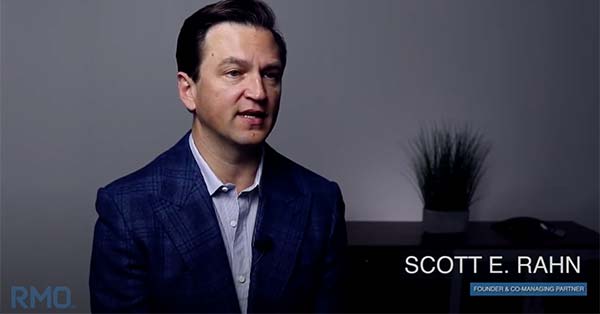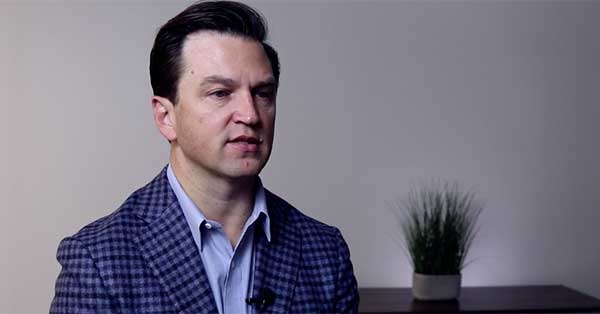What Is The Process Of Conservatorship & Guardianship Litigation?
To establish a valid conservatorship or guardianship, a party must follow set steps and legal procedures. RMO Lawyers can help you with the following steps of the process of conservatorship and guardianship litigation.
1. Consultation and Assessment
An initial consultation is valuable for determining whether a conservatorship or guardianship is a viable option for your situation. Our attorneys will offer guidance in assessing the situation, gathering pertinent information, and discussing potential legal strategies and next steps.
2. Filing the Petition
Establishing a conservatorship or guardianship starts with filing the appropriate forms for your jurisdiction with the court. These forms will outline the reason for the request, details about the conservator, and details about the proposed conservatee or ward. Our conservatorship/guardianship attorneys at RMO will help you prepare these forms and outline the reasoning for court intervention.
3. Court Hearing and Evaluation
After filing the petition, a court hearing will offer the opportunity for a judge to review the petition or application, consider any objections, and determine whether to grant legal authority. Our attorneys will provide representation during this process to help establish a strong case for the conservatorship/guardianship and present the appropriate supporting evidence.
4. Objecting or Contesting
This process occurs if there are objections or disagreements surrounding the conservatorship or guardianship. If you disagree with a proposed arrangement or are facing an objection yourself, a skilled attorney can help you develop your case and provide evidence in your favor to advocate for the best interest of the vulnerable individual.
5. Negotiation or Mediation
In some instances, family disputes or disagreements may arise around who should be appointed as the conservator or the terms of the arrangement. Negotiation or mediation can help resolve these conflicts outside of the courtroom, and a lawyer can assist in the process to bring a resolution that satisfies all parties while promoting the best interests of the vulnerable individual.
6. Full-Scale Litigation
Sometimes, negotiation and mediation are not enough to satisfy all parties, and full-scale litigation through court may be the only option for finding a resolution to disagreements amongst family members or other interested parties. Our lawyers can represent you in these legal battles, prepare a case against disputes, gathering appropriate evidence to support your case.
7. Appeals (if necessary)
After a conservatorship/guardianship is validated by the court, there may be parties that decide to appeal the decision for a variety of reasons, but the appellant must have legal grounds for the appeal. Appellants should seek an attorney to provide support in the process. Our attorneys offer support in filing and establishing a strong appeal by gathering the valid evidence and documentation necessary.
8. Compliance and Reporting
Once the conservatorship/guardianship is established, the conservator/guardians must attend periodic court hearings, maintain detailed records of their arrangement, and file papers with the court on a regular basis. An experienced attorney can be a valuable resource in this process by helping conservators/guardians remain in compliance.




